Just like fats and carbs, protein plays a starring role in every person’s nutrition journey. But amidst the ocean of diet tips and health hacks, proteins often get a mixed rep – glorified by some and misunderstood by others.
In this comprehensive guide, the third of our Foundations of Food series, we will unpack everything about protein – the difference between ‘complete’ and ‘incomplete’ proteins, how to up your protein intake (especially if you’re a vegetarian), and answering that age-old question: how much protein do you really need? By the end of this guide, you’ll have a clearer understanding of what protein is, and how to incorporate it in your diet in a way that benefits your health.
What are proteins and how does our body process them?
Proteins are the building blocks of life, quite literally. Made up of amino acids, they’re responsible for building and repairing tissues, making enzymes and hormones, and supporting immune function. Every cell in your body has protein, making it essential for health and survival. Think of proteins as the construction workers of your body, tirelessly working to build and maintain your biological structure.
When you consume protein, your body breaks it down into amino acids, which are then used to repair and build tissues, among other vital functions. This process ensures that your muscles, organs, and immune system remain strong and functional. It’s a sophisticated recycling system where proteins are constantly dismantled and reassembled to meet the body’s needs.
Complete vs. Incomplete Proteins: What’s the Difference?
Amino acids – which proteins are made of – are divided into essential and non-essential categories based on whether our body can produce them. Essential amino acids (EAAs) must be obtained through our diet, and play many important roles, from muscle repair to neurotransmitter synthesis. Proteins that contain all nine EAAs are called complete proteins. These are typically found in animal products. Incomplete proteins, found in plant sources, lack one or more of these essential amino acids.
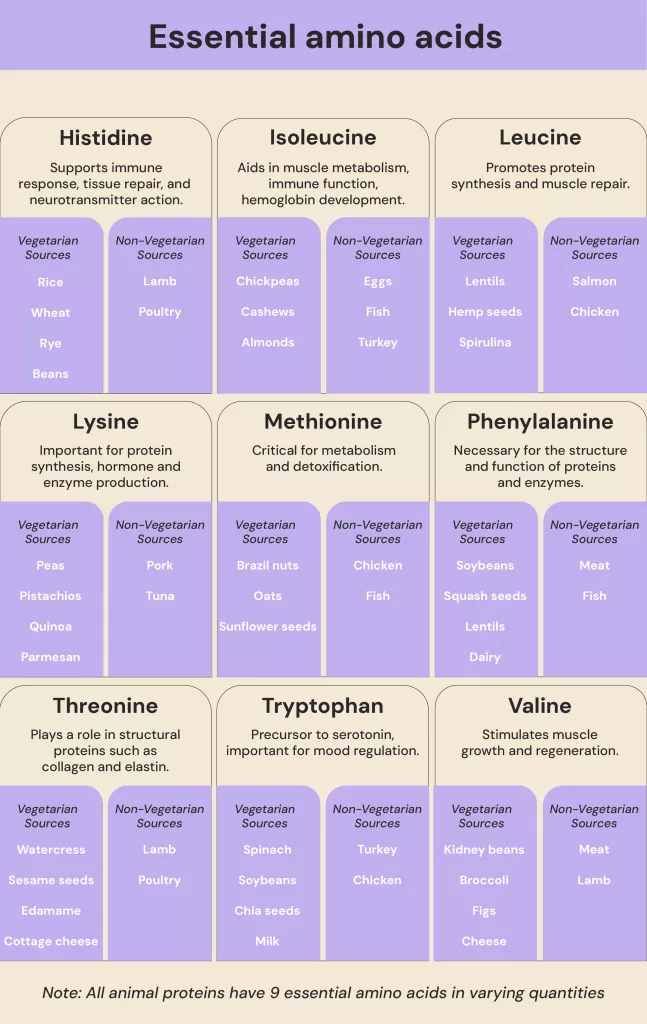
Complete proteins for vegetarians
To ensure you get all EAAs in your diet as a vegetarian or vegan, it’s important to diversify your diet as much as possible and consume a wide variety of proteins. This is often called Protein Rotation. By consuming a variety of sources, you can ensure you get all the EAAs you need for muscle growth and repair.
There are also a few good sources of complete proteins for vegetarians – including a classic that’s sure to be a favorite in Indian households: rice and beans. Rice, while low in lysine is high in methionine, while beans are high in lysine but low in methionine – together, they are considered a complete protein! Here’s a handy chart for reference:
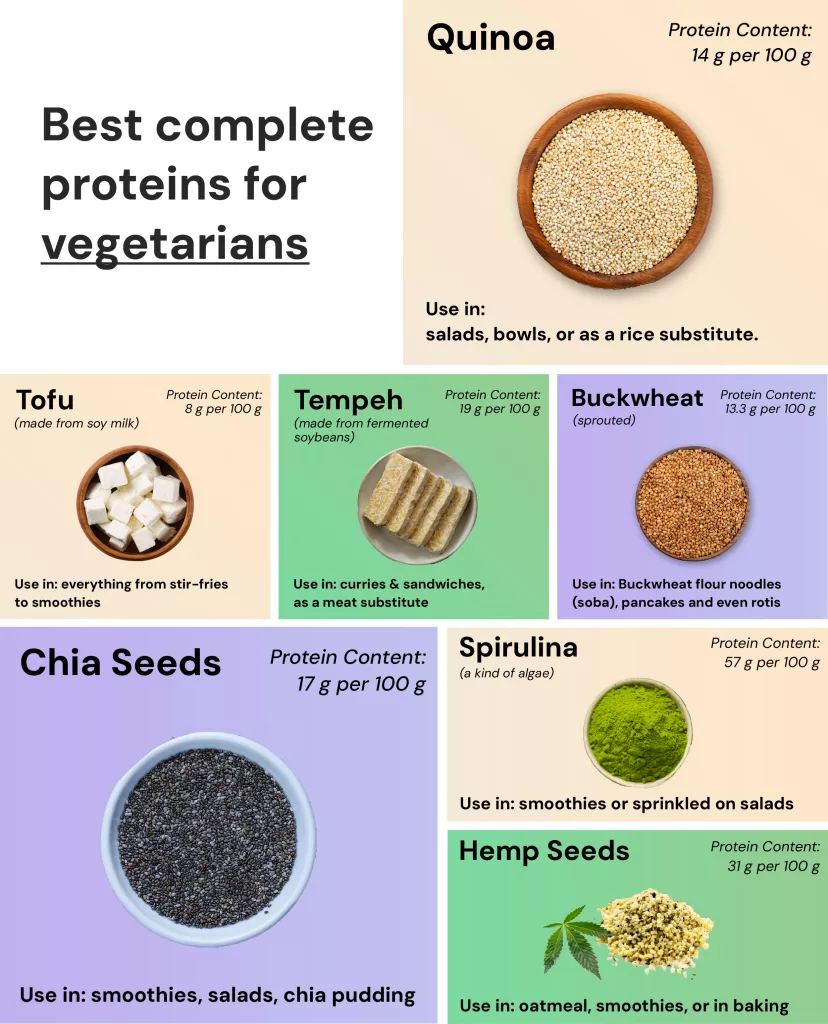
Proteins and weight loss: what’s the connection?
You might have heard that a high-protein diet can aid weight loss. But how exactly do proteins help manage your weight? For starters, proteins are more satiating than fats or carbohydrates, meaning they can keep you feeling full longer. This is because it takes the body a long time to digest proteins. Increasing proteins in your diet, therefore, leads to less snacking and fewer meals, reducing your overall calorie intake. New research has also found that peptides – amino acids that are produced by your body while digesting proteins – also help block the receptors that communicate to your brain whether you’re ‘feeling full’ or not.
Moreover, proteins have a higher thermogenic effect, which means the body expends more energy (or burns more calories) digesting protein compared to fats or carbs. This increases metabolic rate, even at rest, and helps in weight loss by boosting calorie burn throughout the day.
Additionally, proteins are pivotal in preserving lean muscle mass, especially during weight loss. As you cut calories, your body may turn to muscle for energy, potentially slowing your metabolism. Consuming adequate protein, however, helps protect this muscle mass, ensuring that the majority of weight loss comes from fat instead.
Why is protein needed for building muscle?
When it comes to building muscle, protein’s role becomes even more pronounced. Muscles are essentially made of protein, and after a workout, they need protein to repair and grow. This process, known as muscle protein synthesis, is fueled by the amino acids found in dietary proteins. Including protein-rich foods in your diet after exercise not only supports muscle repair but also contributes to greater strength and muscle mass over time.
How much protein do you need in your diet?
The amount of protein you need can vary based on your age, sex, physical activity level, and health goals. A general guideline is 0.8 grams of protein per kilogram of body weight. Below are the recommended dietary allowances as recommended by the National Institute of Nutrition, ICMR.
However, depending on your health goals – for example, if you lead a very active lifestyle, or are looking to build muscle mass, or regularly engage in strength training, you may need more protein than the general guideline. Some research recommends 1.3g of protein per kilogram of body weight for people who engage in moderate levels of exercise and up to 1.6g for those who engage in intense physical activity. Athletes can consume up to 3.5 g of protein per day. If you’re pregnant you might need more protein in your diet. Older people who are experiencing muscle loss due to old age also might need additional protein to help with tissue repair and prevent muscle loss. But it’s recommended you consult a nutritionist to identify the right amount of protein for you.
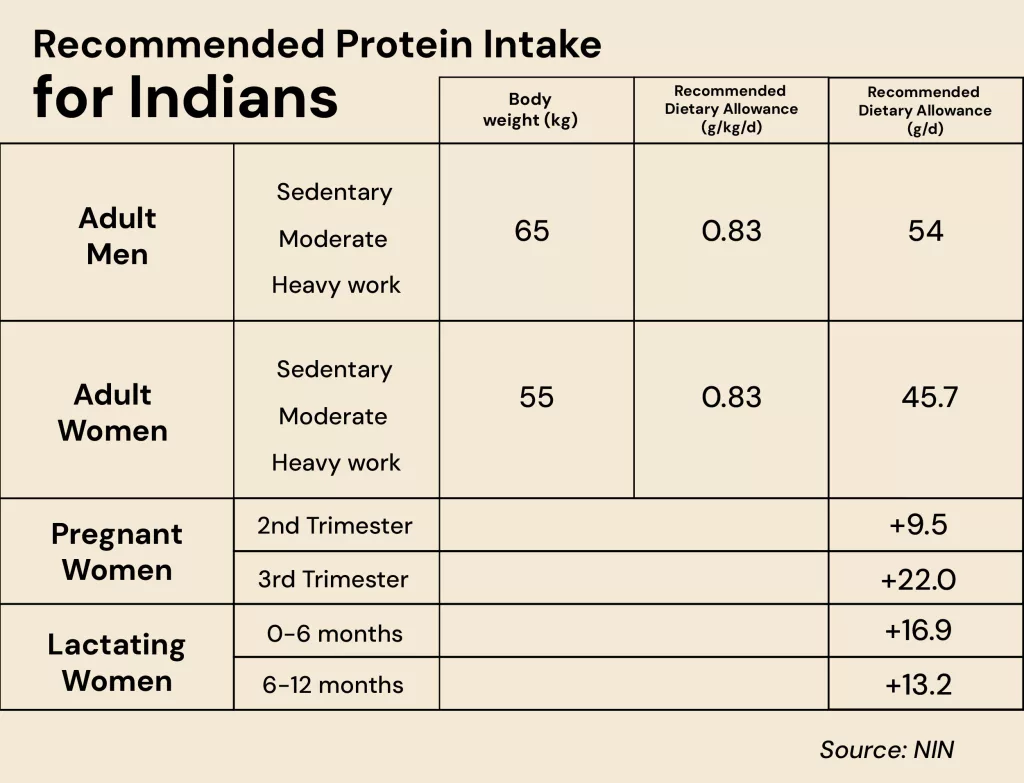
How to increase protein intake for Indians?
Incorporating protein into your weight loss diet can be challenging, especially in a country like India, where many traditional foods are carb-heavy. However, there are still plenty of high-protein options that you can include in your diet. Here are a few options to try:
- Include lean meats like chicken in your diet: One of the most popular sources of protein for muscle building is chicken. In India, chicken is a staple in many households and an excellent protein source. One cup of cooked chicken breast contains approximately 43 grams of protein, making it an excellent choice for muscle building.
- Eat more eggs: Another great source of protein for muscle building is eggs. An average egg contains around 6-7 gms of protein, besides being a great source of many other micronutrients like choline, Vitamin D, folate, and iron.
- Include yogurt in your meals: Curd or dahi can contain up to 11 gms of protein in 100 gms and is a good way to up your protein intake. Another option, especially if you’re looking to lose weight, is Greek yogurt, which is high in protein and low in fat. One cup of Greek yogurt contains approximately 20 grams of protein, making it an excellent weight-loss choice.
- Incorporate more legumes in your diet: In India, lentils and legumes are excellent sources of protein, and they can be incorporated into many traditional dishes like dal, chana masala, and rajma. As mentioned earlier, rice and beans can, in fact, be a complete source of protein when eaten together! Quinoa and soy are other plant-based complete proteins to include in your diet for additional proteins, especially if you’re a vegetarian.
Protein supplements: do you need them?
While whole foods are the best sources of protein, supplements can be beneficial for those struggling to meet their protein needs, like athletes or people with certain dietary restrictions. It’s important to choose high-quality supplements and use them to complement, not replace, a balanced diet. In India, whey protein is one of the most popular protein supplements. It is made from cow’s milk and is high in protein, with one scoop providing approximately 20-25 grams of protein. It can be added to smoothies, and oatmeal, or even used to make high-protein desserts. Other protein powders like casein, soy, and pea protein are also available and can be an excellent option for those with specific dietary requirements.
Common Questions About Protein, Answered
What protein is best for weight loss?
Studies have shown that any high-protein protein diet, where protein accounts for between 25-35% of your daily calorie intake, is good for weight loss. However, lean proteins are preferred by many since they’re the lowest in fat and carbohydrates, which means you can keep your overall calorie intake low while still getting enough protein in your diet. These include animal-based options like chicken breast, lean fish like bass or tilapia lentils, and plant-based sources such as beans, chickpeas, and tofu.
Which protein is best for weight gain?
When aiming for weight gain, especially in the form of muscle, you’ll want to opt for calorie-dense proteins that not only support muscle repair but also contribute to a calorie surplus. High-quality proteins like red meat, whole eggs, dairy products, and nuts are excellent choices since they’re both high in protein as well as fats, helping you maintain a calorie surplus. Protein powders are also a good option to increase protein consumption while increasing your calorie intake, especially when combined with fats like whole milk, almond, or peanut butter. Combining this diet with resistance training can help increase muscle mass efficiently.
Are protein bars good for you?
Protein bars can be a convenient on-the-go snack, especially if you need a quick protein boost. However, it’s important to read the labels carefully. Some protein bars are packed with sugar and calories. Look for bars with a high protein content (at least 10 grams per serving), low sugar, and made from whole, nutrient-dense ingredients.
Is too much protein bad for you?
In healthy individuals, a high-protein diet is generally considered safe. However, excessively high protein intake can strain the kidneys over time. People who have chronic liver or kidney issues will need to check with their nutritionist to determine what a healthy amount of protein is for them. Additionally, the type of protein you consume is important. Research has shown that if your primary source of protein is red meat or other foods high in saturated fat, it can increase your risk of cardiovascular disease or Type 2 diabetes. A combination of plant- and lean animal-based protein was proven to be more beneficial for reducing the risk of these conditions.
Can you be allergic to proteins?
Yes, allergies to specific proteins in foods like nuts, soy, or dairy are common.
Can protein powders increase weight?
Yes, protein powders can contribute to weight gain if they lead to a calorie surplus in your diet, especially when used as part of a strength training regimen to build muscle. It’s essential to choose a protein powder that aligns with your dietary preferences (whey, casein, soy, pea, etc.) and, if you aim to increase weight – combine it with fats and carbohydrates to keep you in calorie surplus. Remember, the key to using protein powders effectively, whether for weight loss or gain, is to ensure they complement a balanced diet and exercise routine.
Takeaway
Proteins are more than just a nutrient; they’re a cornerstone of health, supporting everything from muscle repair to hormone production. By understanding your body’s protein needs and how to meet them, you can pave the way to a healthier you.




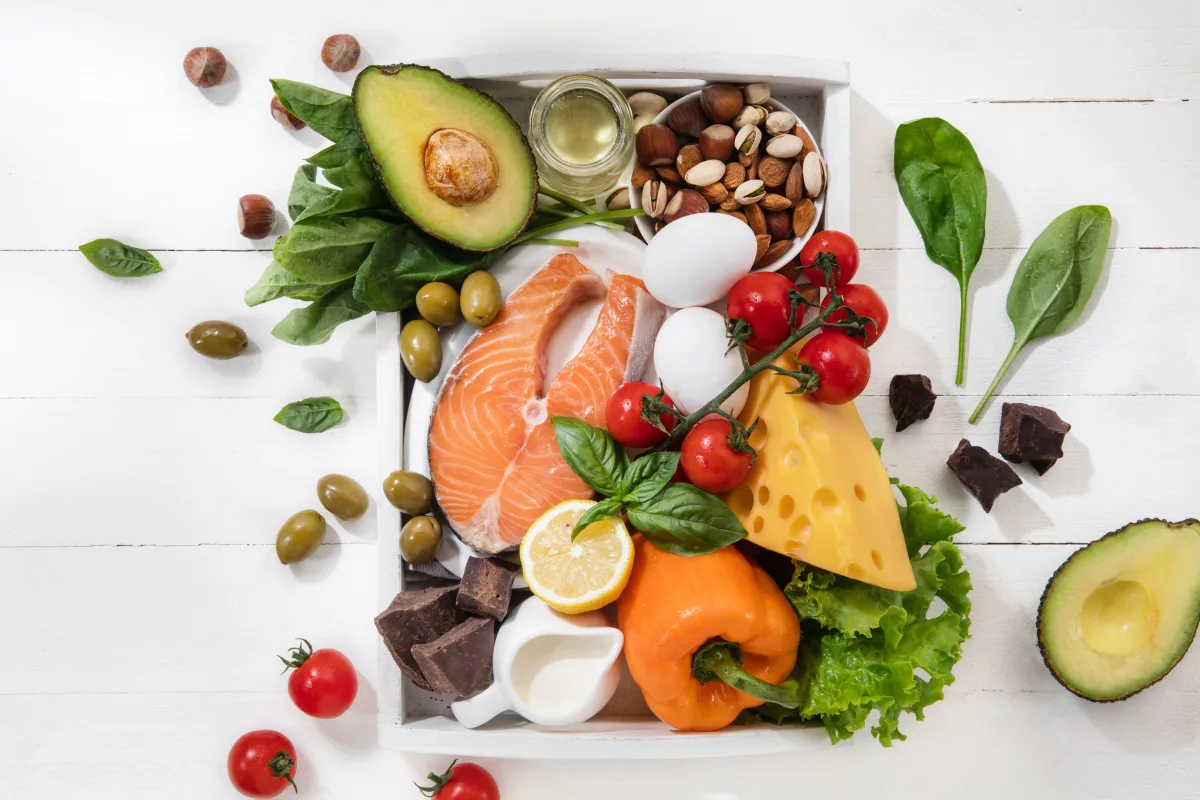

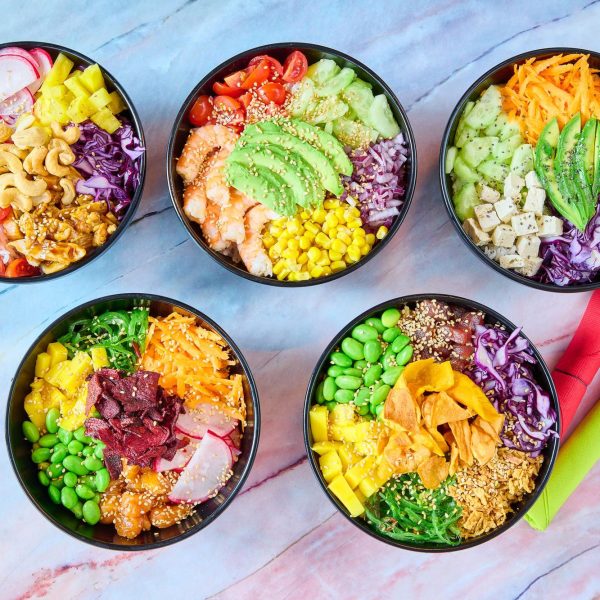

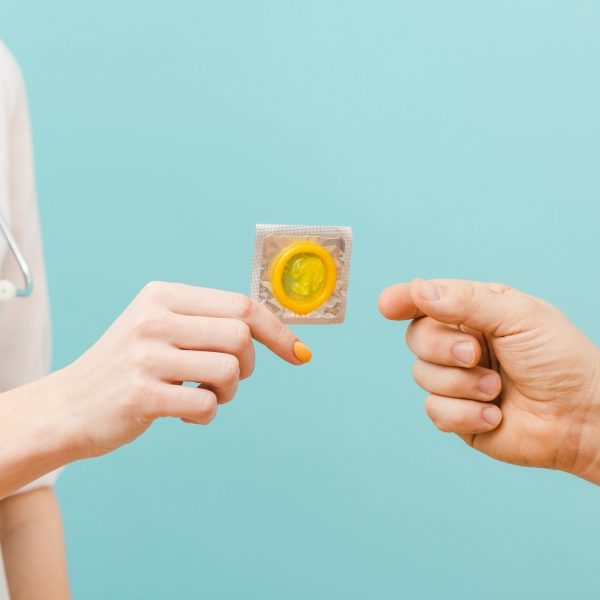
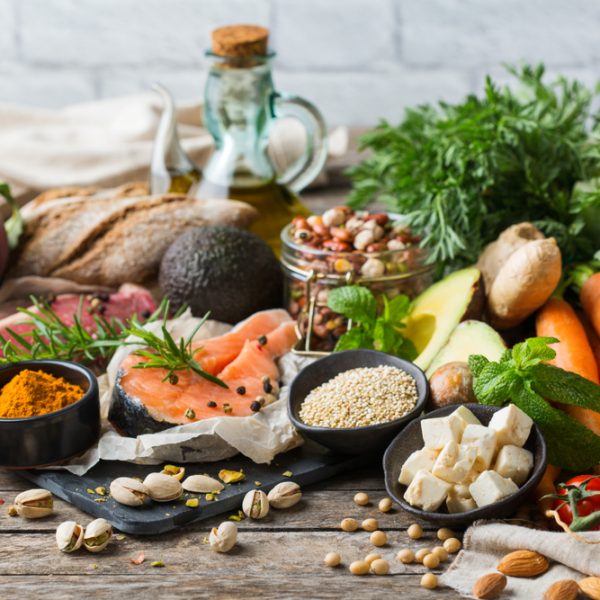








Share this article